What happens next to Australian women and children repatriated from Syria
The return of 17 women and children from Syria marks a new phase involving years of rehabilitation, monitoring, and in some cases, potential criminal proceedings.
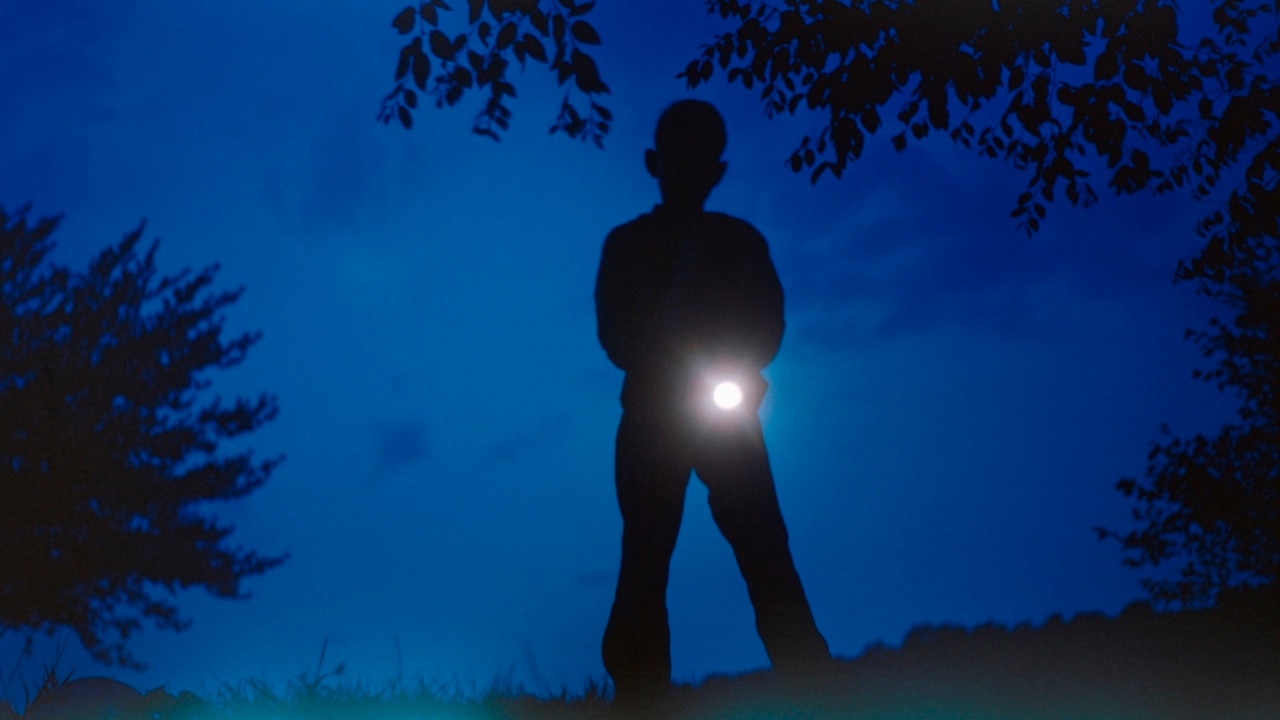
The return of a group of 17 Australian women and children from Syria does not mark the end of the long and difficult process to deal with the families left behind by members of Islamic State.
Rather, it marks the start of a new phase, which will involve years of counselling, rehabilitation, monitoring, and in some cases, potential criminal proceedings.
The group, deemed the most vulnerable among those Australians held in the camps for Islamic State families, includes 13 children – the oldest 15-year-old girl, and the youngest a three-year-old girl.
Another 41 women and children remain in al-Roj camp near the Iraqi border, although they are likely to be returned in coming months.
Their repatriation comes after ASIO provided the government with a risk assessment on the women and advice on how the risks of returning them could be managed.
It is likely ASIO also advised on the risks associated with returning the women to Australia compared to the risks associated with leaving the families in Syria, where the children would grow older, and the influence of Islamic State in places such as al-Hol camp could not be mitigated.
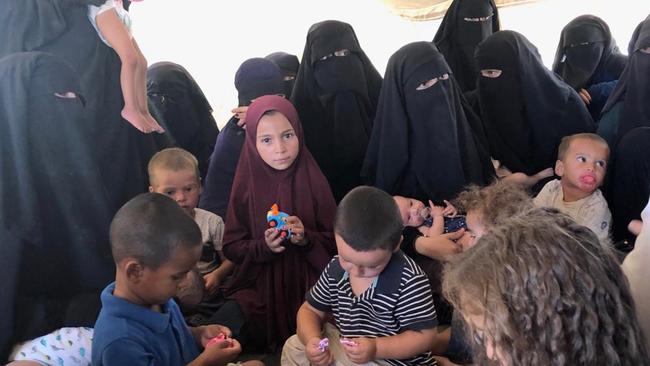
An unknown number of the 16 Australian women will likely enter the criminal justice system after they return, where they could face jail terms, terrorism control orders, and ongoing monitoring and surveillance by police and ASIO over their communications, associations and movements.
Older children will also be carefully monitored to ensure they have not absorbed the hateful ideology of some of their fathers or other family members, or the people they have been held in the camps with.
The younger children have never been to school, never seen a dentist, rarely seen a doctor, and are all suffering health complaints, ranging from malnutrition to untreated shrapnel wounds. Five children, including the three-year-old girl in the group currently being repatriated, were born in the camps, where their mothers have been held since the fall of Islamic State’s last redoubt at Baghouz in March 2019.
The families will now be reintegrated into Australian society, in suburban Melbourne and Sydney, where they will be supported by a range of government services including child health and welfare agencies and the education system.
Some will be well-supported by stable and loving families. Others may need housing and other support from government agencies. Some of the children may go into state care.
Some will slip easily back into Australian life, relieved to have escaped northeastern Syria and given a second chance at a normal life. Others, who spent up to six years living under Islamic State in Syria, and another three years and seven months living in the al-Hol and al-Roj secure camps, will likely find it much more difficult.
Their return will sit uncomfortably with many members of the public, who have not forgotten the evils perpetrated by Islamic State, and will not forgive those perceived to have supported the group.
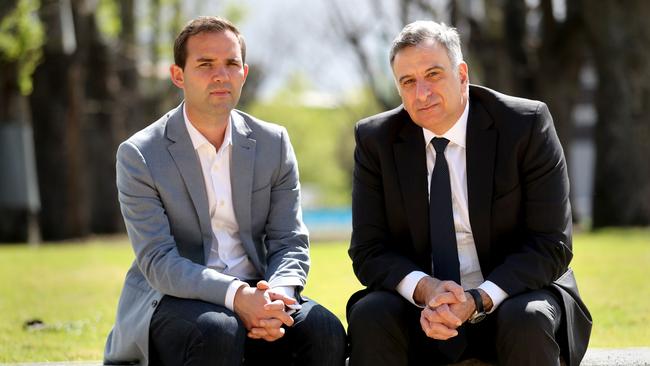
Security experts, who called for the families to be returned, said if they were left in Syria it created a national security ticking time bomb.
The Labor government inherited the problem of the women in the camps from the previous government, which refused to repatriate them, and continued to argue from opposition that they should not be returned, with Opposition Leader Peter Dutton and Home Affairs Minister Karen Andrews both saying the risk to the Australian public is too high.
Labor also inherited the collapse of the previous government’s citizenship cessation laws, which were shot down by the High Court in June, a month after Labor was elected, and essentially opened the door for up to a dozen suspected terrorists to have their Australian citizenship returned.
Labor, which had voted for the Coalition’s laws in opposition, has vowed to introduce a bill by the end of this year giving courts the power to strip citizenship, rather than a minister.
The citizenship laws would impact on only one woman who remains in al-Roj and is not in the current group returning home.
The return of some of the families comes after a determined campaign by Save the Children Australia, the Melbourne-based charity, which decided in late 2019 to begin campaigning for the children to be returned.
Kamalle Dabboussy, whose daughter, Mariam and her three children are among the first group being repatriated, also played a crucial role in having the families returned.
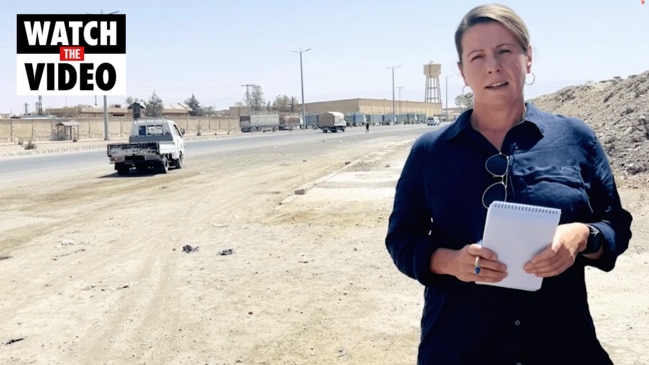
The Western Sydney Migrant Resource Centre chief executive spoke publicly for years about the pain of discovering his daughter had gone into Syria with her radicalised husband, and negotiated with the government and security agencies seeking the return of all of the families.
His advocacy and ability to hold most of the extended families together in a united group in Australia, played an important role in negotiating their return.
There were 16 women and 42 children based for the past two years at al-Roj in northeastern Syria, close to the Iraqi border, who have actively sought to come home.
There is likely a handful of other Australian women and children who are either not acknowledging their Australian citizenship, or who want to remain in Syria, still in al-Hol camp.
As well, at least 11 men remain detained within the prison system in and around the Syrian city of Hasakah.
These men and all of the women and children are detained in the area of Syria known as Rojava, the autonomous northeastern region of Syria run by the Kurdish majority, through the Autonomous Administration of North and East Syria, and its military, the Syrian Democratic Forces.
Another Australian Islamic State member, Delil Alexander, is also held in Syria, but is in the prison system in Damascus run by the Assad government regime.
An Australian child, Yusuf Zahab, 17, is believed to have died in the Rojava prisons early this year, shortly after Islamic State attacked the prison where he had been locked up, without charge, since he was 14 years old.


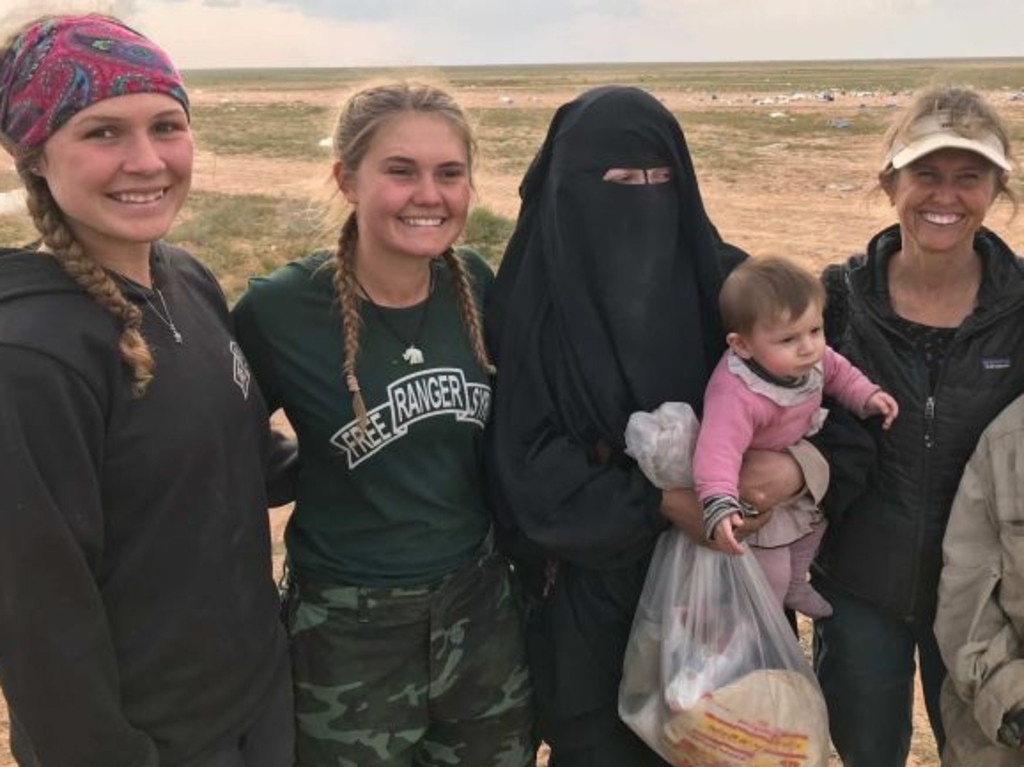




To join the conversation, please log in. Don't have an account? Register
Join the conversation, you are commenting as Logout